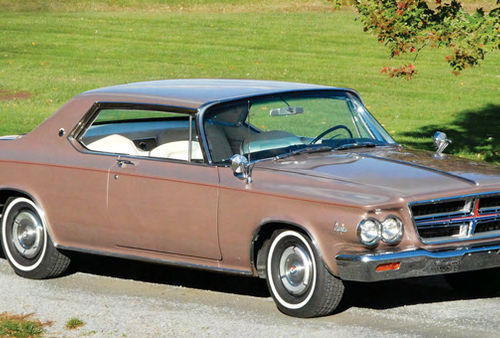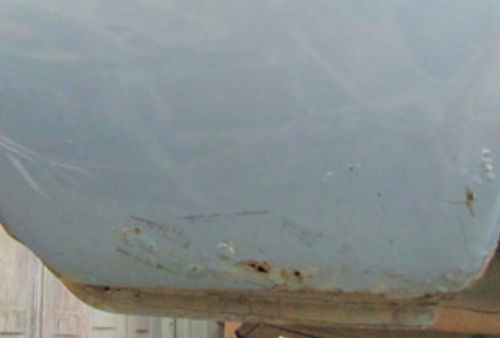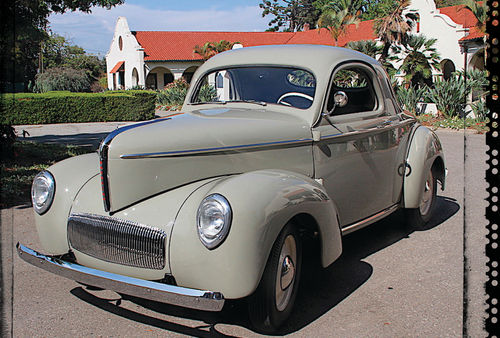Do I need to change the brake fluid in my classic car if they work well?
Question:
I have a 1970 Camaro that I restored about 10 years ago. I do all my own maintenance and it has been a great car. A friend came by the other day and he told me that I should clean out the brake system and put in new fluid periodically. Is he right? I have not put many miles on the car, and I have had no brake problems.
Answer:
Your friend is right. Most people neglect to do it, but conventional brake fluid absorbs water, so it builds up in the fluid and rusts out the system if you don’t change it every two years or so. But worse yet, when you apply the brakes you generate heat in the system, and while brake fluid won't compress, water vapor will, and you can lose your brakes just when you need them most. Another possible problem is that the water in your brake lines can freeze in cold climates and block the system altogether.
When replacing brake fluid, which should be done every two years, DOT 4 or DOT 5.1 are the best, or you could go to DOT 5 silicone fluid, but it’s not cheap.
You can have a brake shop purge and pressure bleed the system or you can bleed them at home. But make sure that all of the old fluid is out before putting in the new.
I would replace the old fluid with DOT 4 or DOT 5.1 fluid rather than the DOT 3 that was in general use years ago. They are both ethylene glycol based fluids, but they have higher boiling points than the old fluid.
You can also go to the DOT 5 silicone-based brake fluid used by the postal service which has the advantage of being hydrophobic in that it does not absorb water, so it lasts much longer, and it also has a very high boiling point.
The downside of DOT 5 fluid is that it loses its effectiveness when mixed with glycol-based brake fluids, so your system needs to be purged and cleaned, and the rubber seals replaced before you put in new DOT 5 fluid. The stuff is expensive, but Luse it in my classics where appropriate. It won't be effective in anti-lock brake systems though.















